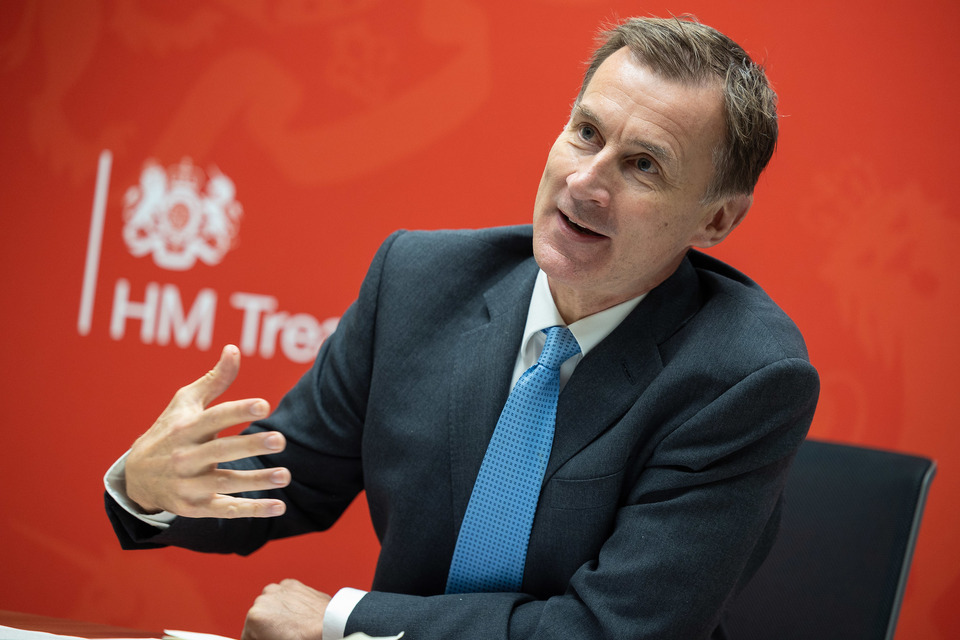Department floats two-year contact to support delivery of tech and infrastructure
Credit: Pixabay
HM Revenue and Customs is looking for a commercial partner to help it meet “ambitious timelines” for moving traders over to the Customs Declaration Service (CDS).
The new system is up and running but is thus far used only by “a minimal user base”. Over the coming months, HMRC will be working to migrate users from the outgoing CHIEF platform. The two systems will, for a time, run in parallel, before the old technology is decommissioned.
To support the migration work, HMRC’s infrastructure and technology (I&T) group requires a supplier to provide scrum teams that can work in “phased sprints” to deliver certain necessary components. These are likely to include tools to support the logging and management of problems, and programs enabling delivery of test-automation systems. Data encryption and “performance tuning” are also required.
Related content
- PAC chair ‘concerned and disappointed’ by delays to Customs Declaration Service
- Data-sharing initiative and Digital Platform work canned during HMRC transformation project cull
- HMRC customs platform ready for no-deal Brexit, NAO report finds
“External readiness teams want to increase migration of users from the CHIEF system against ambitious timelines,” HMRC said. “I&T must build the capability to support these ambitions.”
To support this work, the department is looking to sign a two-year contract with a “delivery partner” that can supplement internal teams based at HMRC offices in Southend. The deal, which is due to come into effect on 15 August, is expected to be worth about £3m to the chosen provider. Bids for the work are open until midnight on 11 July.
The project to build CDS was already well underway at the time of Brexit referendum – the result of which massively increased the scale and complexity of the task at hand. The UK currently needs to process an annual tally of about 55 million customs declarations, and the new system was originally designed to be able to cope with up to 100 million.
However, once we leave the EU, the yearly volume of declarations is expected to expand to as many as 250 million.
The sudden need to triple the capacity of a platform already under construction has opened the project up to much additional scrutiny in the last three years, and the National Audit Office and the parliamentary Public Accounts Committee have frequently expressed concerns about the platform’s progress.
But work has continued despite such misgivings and, 10 months ago, the system was rolled out to an initial tranche of importers.



